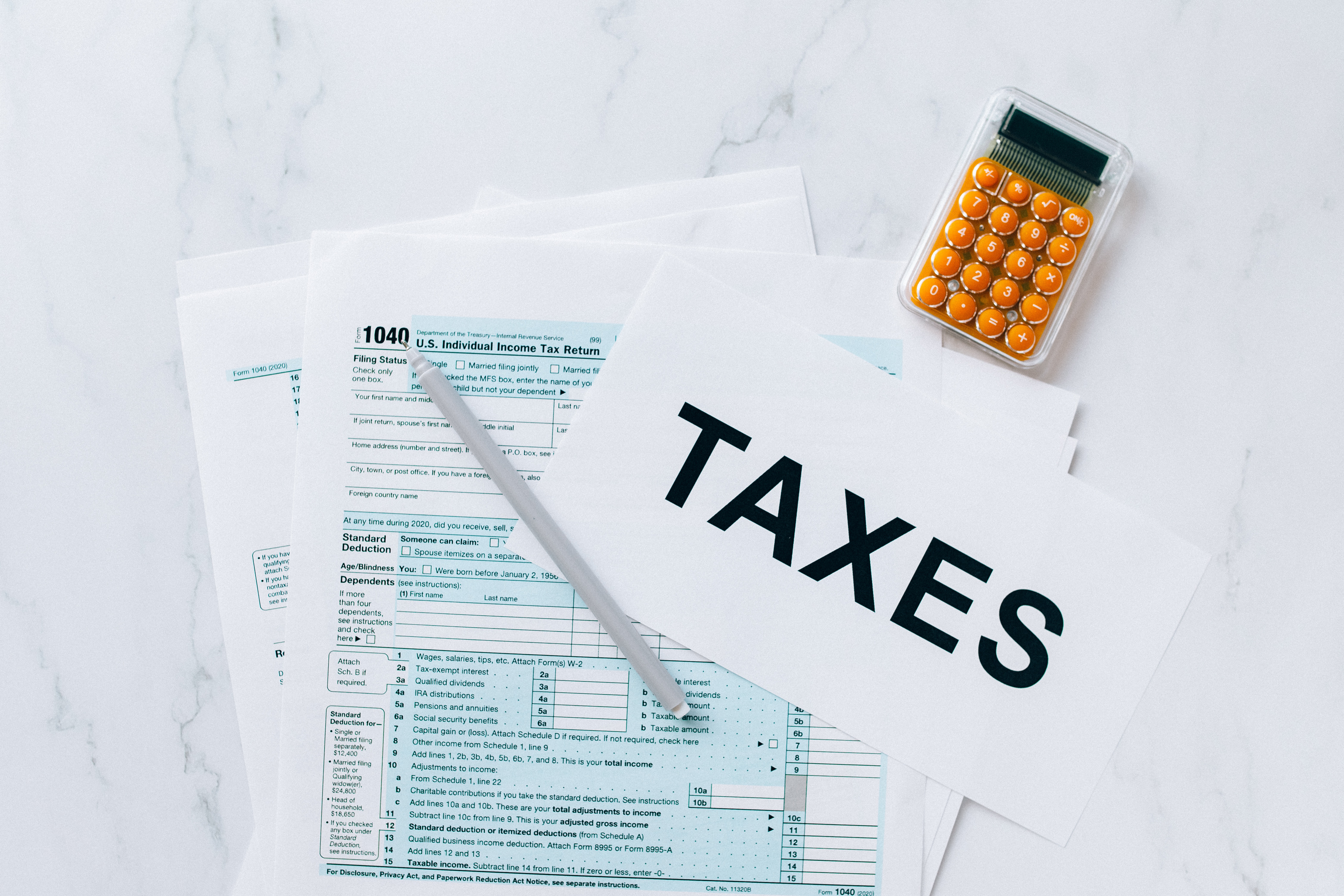Being a Tax Accountant is a tough job. Most think that it would only take math skills to excel in this profession. Working as an accountant requires skills that are far more than just being good with addition and subtraction especially when clients approach us about their BIR open cases and tax deficiency assessments. These cases are no joke. The tax deficiencies we handle range from P1,000,000 up to one hundred times of that. This article is not about how we resolved tax deficiencies of that amount, instead we will share some proactive solutions for preventing similar tax problems in the future.
Keep in mind that a high level tax compliance is achievable. This simply means that a tax payer, an individual or corporation, has complied with tax rules and regulations of the BIR. Unfortunately, not many business owners realize this. As a result, they are visited by BIR examiners year by year, depleting their already small profit in paying unnecessary tax interests, penalties and compromises.
Here are six (6) simple ways to avoid incurring tax deficiencies, interest and penalties:
Display all original BIR issued certificate at business location. These documents are (a) BIR Certificate of Registration or BIR form 2303, (b) Annual Registration Fee for the current year or BIR form 0605 and (c) Notice to the public “Ask for Receipt”. These BIR documents must be displayed inside your business premises where it can easily be seen.
Keep the BIR-stamped books of account updated and at the business location. Unless your business is using BIR-accredited Computerized Accounting System (CAS), you are required to comply with this provision. Ideally, books must be updated at least every month. As much as possible, books of account must be updated within the business premises. Otherwise, your accountant may safely do it somewhere else after your business’ operating hours/days. BIR tax mapping is always unannounced and having your books missing at the business location puts you into risk of incurring tax penalties.
Take note of your Official Receipts and Sales Invoice validity period. Unlike books of account, manual official receipts and sales invoice do have expiration dates: Five (5) years from the date of printing. BIR examiners may inspect the validity of these documents during tax mapping. A similar validity period is observed for Cash Register Machines (CRM) and Point-of Sales (POS) with BIR-issued machine stickers.
Ask your Accountant to prepare a Tax Calendar. Tax calendar has two primary columns: (1) the Type of Tax to be paid; and (2) the deadline of filing, for the whole calendar or fiscal year. Tax compliance differs in every industry. This calendar will serve as your guide as well as an evaluation that your business is being taken cared of by a competent tax accountant. You may also ask for assistance from BIR-accredited external auditors to review your accountant’s tax calendar to make sure that no tax return will be left unfiled.
Regularly generate a Case Management System (CMS) report. This procedure is one of the most effective safeguards to avoid open cases and it will not cost your business a single centavo. You may request personally or through an authorized representative to obtain the CMS report from your Revenue District Office (RDO). CMS report may be released same day. It reflects any unfiled BIR return of your business from the first day you registered your business up to the date of your inquiry. Should there be unfiled or cases, you may correctly file, amend, or reconcile with your RDO to prevent further tax exposure. It is best to do this at least annually, preferably on the third (3rd) quarter so that you will have ample time to perform supplemental compliances by the end of the calendar or fiscal year.
Engage with competent External Auditors to reconcile taxes at year-end. One that will result to high tax deficiency during BIR assessments is that your records are not reconciled. There are three primary documents BIR examiners will look at (1) Tax returns, (2) Audited Financial Statements, and (3) Books of Accounts. A competent external auditor will review these documents and immediately recommend necessary adjustments to correct inconsistencies. Once the BIR has issued its Letter of Authority (LOA) covering your past year compliance, there will be no chance to amend such errors and it may result to paying tax deficiencies for such mistakes plus interest and penalties, which at times hurt the business. This often takes years to recover the losses.
In most scenarios of tax assessments, the BIR examiners discover tax deficiencies for the tax payer to respond to. The good news is that there is a high probability to rebut the tax deficiency claims as long as your business has a high level of tax compliance. Do not let the BIR to catch you by surprise! Knowledge is of no value unless you apply it!
This article has shared by the author as part of his lecture entitled “BIR, Tax, Help!” during the Business Network International (BNI) Networking Week event of 2019 in Novotel, Quezon City.


